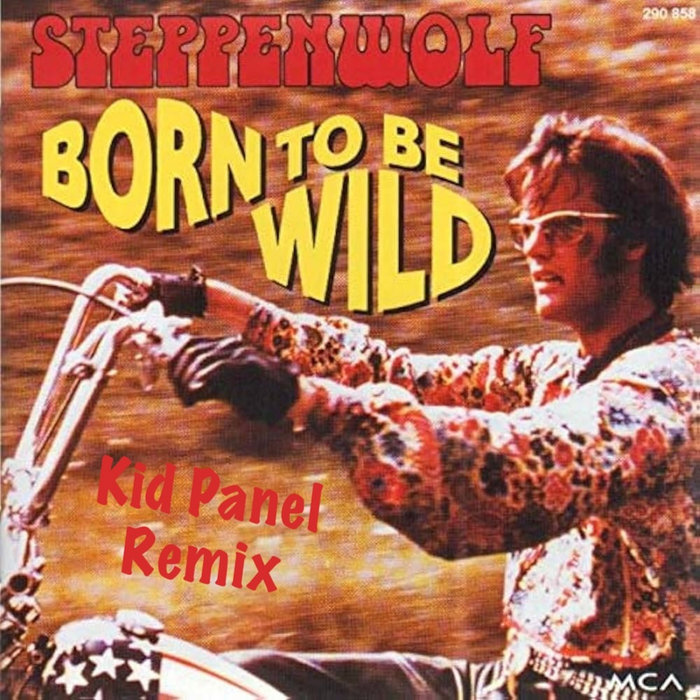
Steppenwolf – Born To Be Wild (Kid Panel Rmx) – Kid Panel
this blog is GROOVY – check out great Soul, Funk, Jazz, Hip Hop, Bass, Breaks , Reggae, House n many more TUNES
Ah, Budapest! This city isn’t just a feast for the eyes with its stunning architecture and picturesque landscapes; it’s also a rhythm-filled extravaganza that has given birth to a vibrant music scene. From classical compositions echoing in grand concert halls to the upbeat sounds of gypsy jazz filling cozy taverns, Budapest is a musical tapestry woven from history, culture, and some downright funky moments.
Budapest’s musical journey really kicked off in the late 18th century when the opera scene started to flourish. Composers like Ferenc Erkel (let’s give it up for him!) brought Hungarian themes into their works. His composition “Bánk bán” still resonates through time as Hungary’s national opera – seriously, if you want to hear some feels about Hungarian identity, this is where you go!
As we dance into the 19th century, names like Franz Liszt pop up like stars on a twilight stage. Liszt was born in Hungary and became one of Western art music’s most celebrated pianists and composers. Legend has it he played so passionately that people swooned at his feet—or maybe they just wanted his autograph? Who knows! But hey, can you blame them?
And let’s not forget about folk music! In the early 20th-century café culture of Budapest, traditional tunes blended seamlessly with modern influences—a bit like adding paprika to goulash! Musicians began playing folk instruments alongside European styles creating something fresh and uniquely Hungarian.
Now let’s get groovy with gypsy jazz—the genre that truly personifies Budapest’s eclectic spirit. Originating in France but steeped heavily in Eastern European roots (hello Romani musicians!), this lively sound became synonymous with Budapest nightlife.
One notable figure here is Béla Bartók, who didn’t just sit around studying folk songs—he practically collected them across Hungary! He made field recordings throughout his journeys while keeping an ear out for those contagious rhythms. Listen closely; you can still hear his influence echoing through modern-day bars where patrons tap their feet along with sizzling hot jazz solos!
Here’s something funny: there was once an awkward jam session between American saxophonist Ornette Coleman and local Hungarian musicians. You might imagine cultural harmony brewing finely; instead… it turned into chaos! Instruments tangled together so much that nobody could tell who was soloing or not—it sounded like everyone lost their way home after too many pálinka shots!
By mid-century, classical music had claimed its throne—think orchestras galore—but then came Mariah Carey trends—and no reason why we can’t make her part of our story too!
The 1980s were funky times indeed as various rock bands popped up across Hungary post-communism liberation (no more state-approved tunes!). Groups like Quimby mixed rock vibes with folk melodies leading to memorable concerts filled with head-bobbing fans.
Another quirky detail from this era involves singer-songwriter Zorán Sztevanovity, known for his laid-back charm but infamous among fellow musicians for always forgetting chord progressions during performances—even while belting out hits at stadium shows! Word has it he’d sometimes gaze blankly during band practice trying hard NOT TO forget what key he was meant to play in… Awkward yet endearing.
Fast-forward today—the airwaves are rich tapestries showcasing all kinds of genres breathing life into every corner of this beautiful city—from indie pop-rock vibes flowing from Szimpla Kert’s walls to electronic beats pulsating through ruin pubs on bustling nights!
With all these talents weaving intricate grooves together comes an abundance of festivals celebrating every flavor imaginable—how cool is THAT? We’ve got Sziget Festival attracting global acts while nurturing local artists wishing upon starlit skies above Óbuda island—it simply doesn’t get better than live performances under moonlight accompanied by good company…and cold drinks nearby asking us which song makes us feel alive again!?
Just look at how funk meets hip-hop currently dominating urban spaces calling Uber takes over outrunning buses at rush hour day after day—it’s pure magic witnessing young talents experimenting daily pushing boundaries beyond imagination—all underneath those ornate rooftops looking down approvingly upon whatever happens.
Speaking OF surprises: Did you know that one street musician dressed as Spider-Man found fame making viral videos performing classical symphonies?! Yup; judgy pedestrians turned fans cheered him ‘the real hero’ —taking solace knowing superheroes come alive everywhere including pavement corners bringing smiles henceforth alike therapy sessions on repeat forevermore across cycles…
So whether you’re strumming your guitar under Stephen’s Basilica or grooving at an underground club hidden behind graffiti-covered doors—remember there’s always something new waiting behind each note within vibrant streets humming soft lullabies wrapped tightly around centuries-old tales told by waves crashing against Danube River canvases reflecting back memories created time after time again…
Budapest’s music isn’t merely notes whizzing past our ears—it tells stories blending laughter sadness heartaches triumphs dancing glories reminding us all…In short folks: never underestimate power residing deep-in-your-soul driven passions bursting forth yearning expression finding joy together loud enough shaking world… until next time keep those beats pumping because here things will NEVER fall silent long enough allowing moments drift away forgotten entirely!!
And that’s about it from me!
Can’t wait till I see YOU groove down “hallowed” streets roaring proudly wherever beat drops lead ya next!! 🎶✨

Steppenwolf – Born To Be Wild (Kid Panel Rmx) – Kid Panel
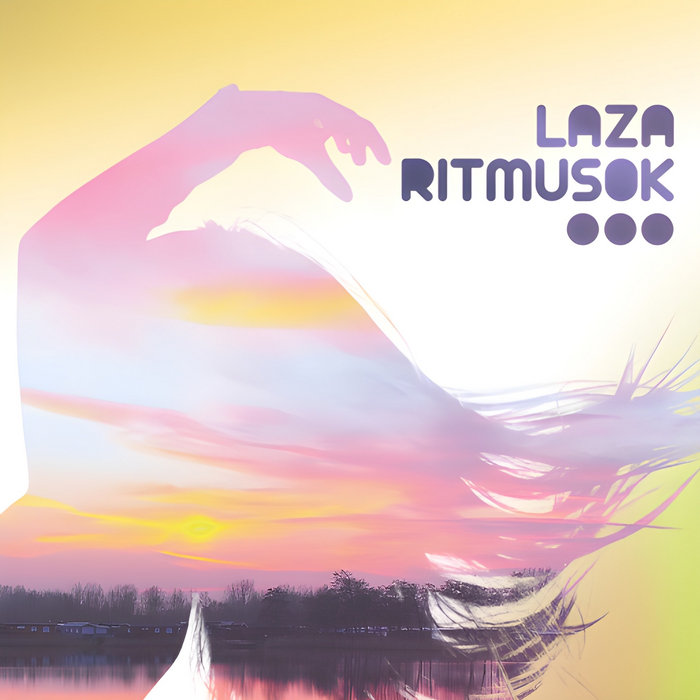
Rainy Day ft. Molnár Szilvi (Flevans Remix) – Vono Box
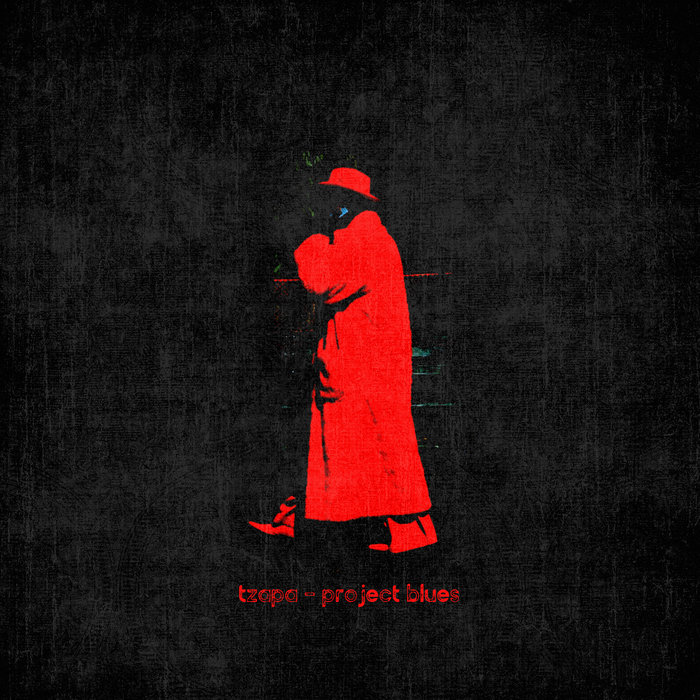
Sober High (feat. BluntOne) – tzapa
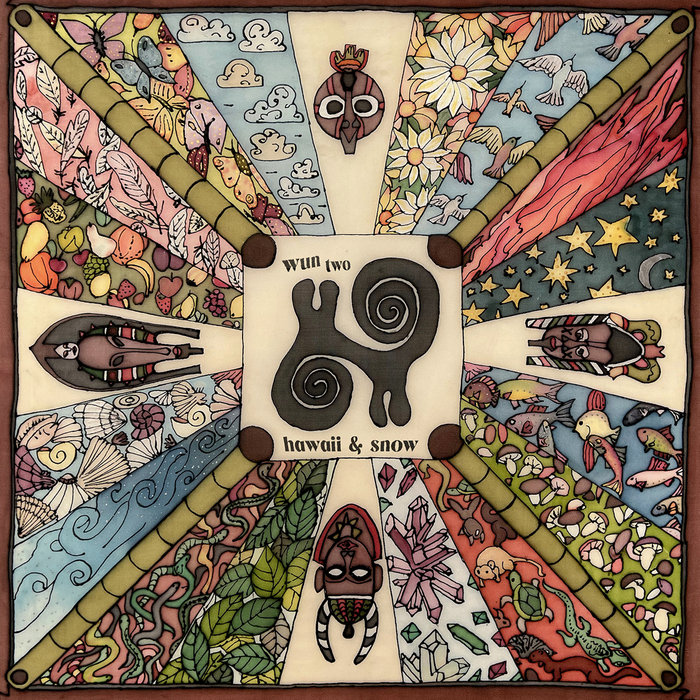
ulu – Wun Two
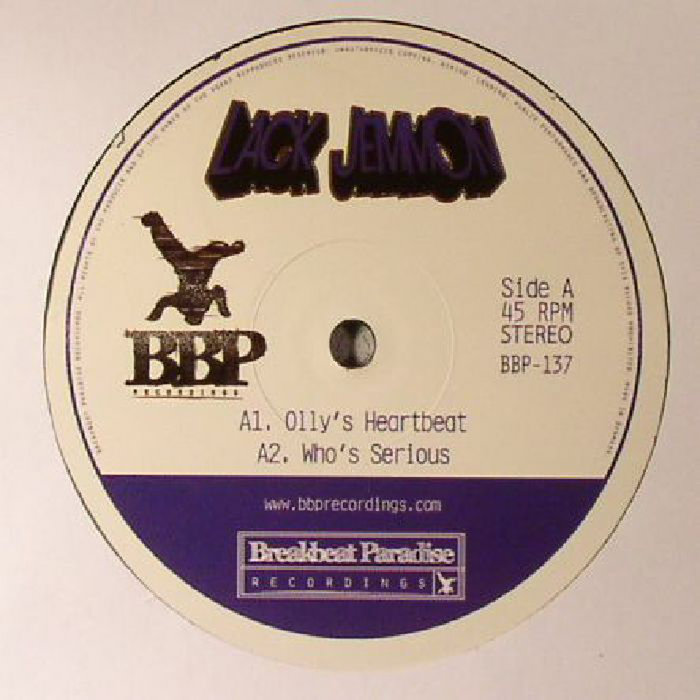
The Party Riddim – Lack Jemmon
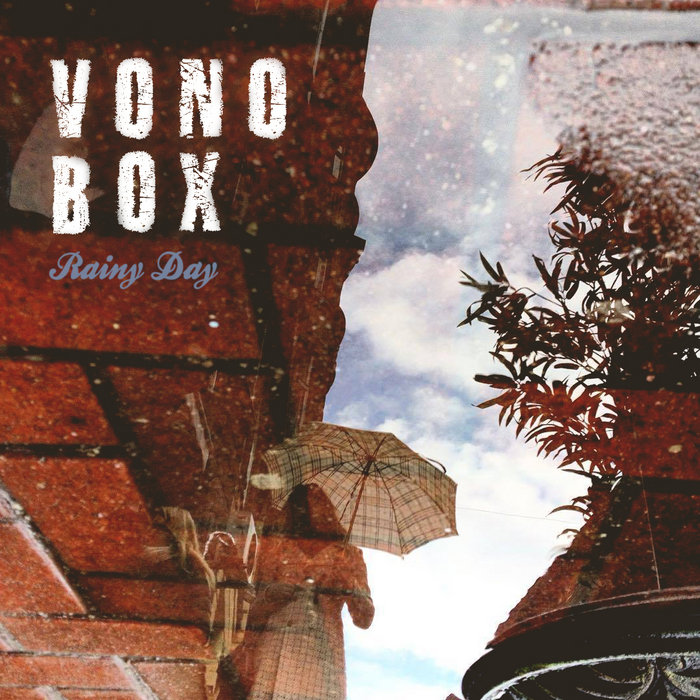
Rainy Day feat. Molnar Szilvi – Mana Mana Records
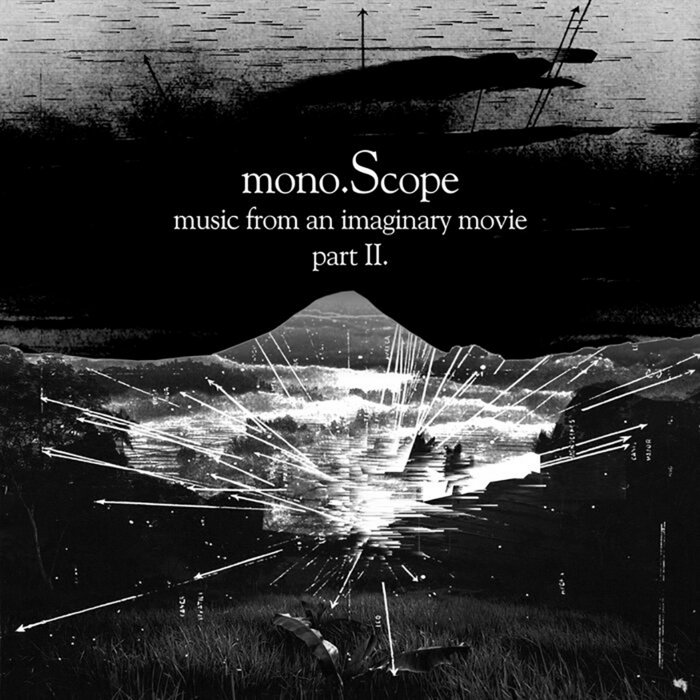
The 9th Lazy – Mana Mana Records